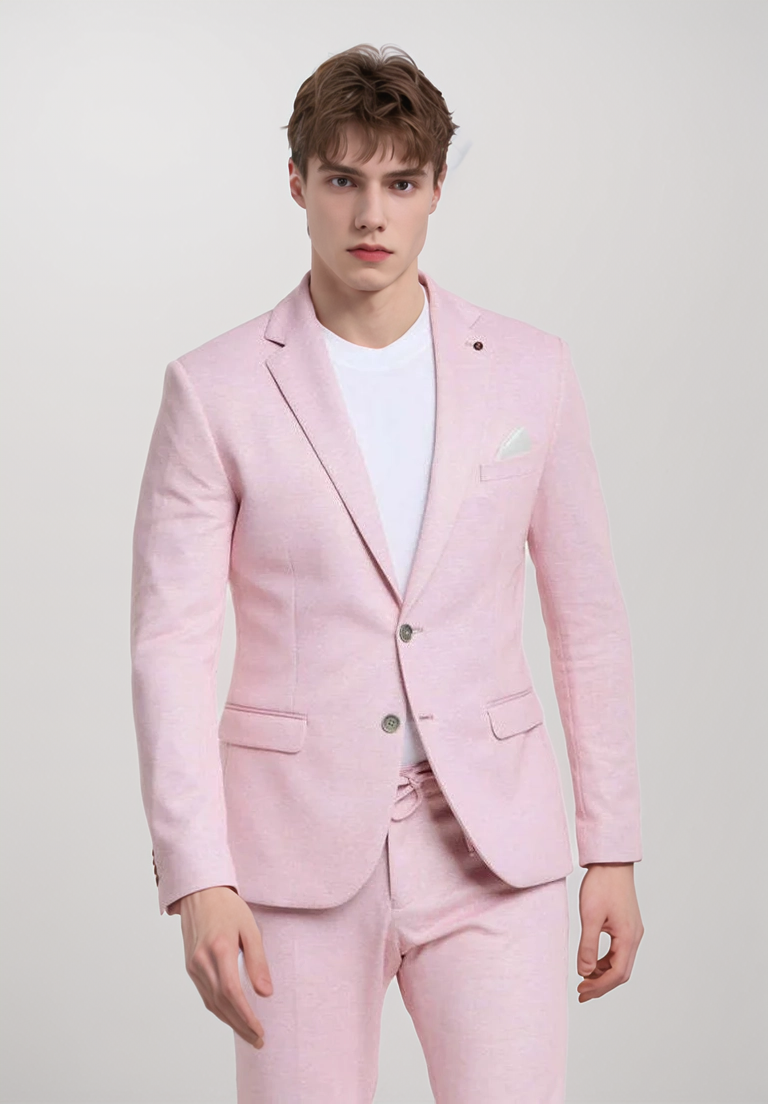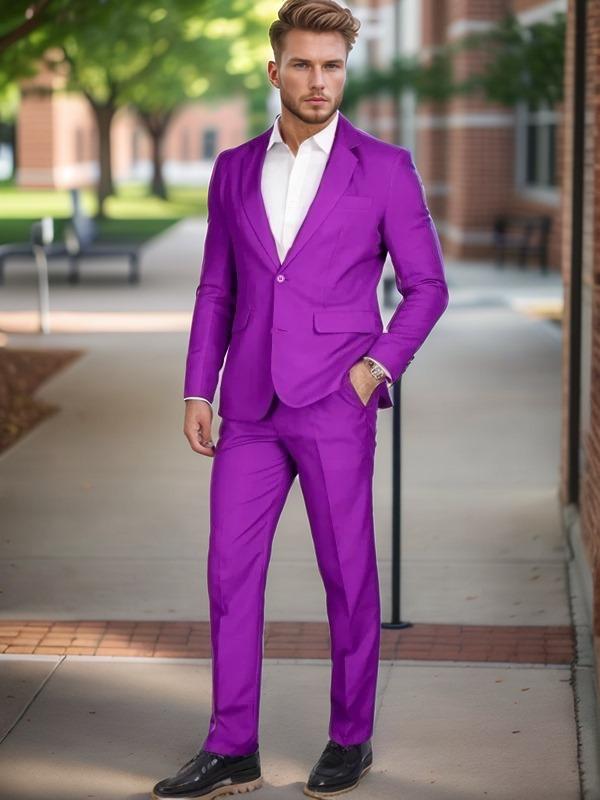
Factors Affecting the Cost of a Tailored Suit
Tailored suits are known for their exceptional fit and quality, but their cost can vary significantly based on a range of factors. Understanding these factors can help you make an informed decision when investing in a tailored suit. This article explores the key elements that influence the cost of a tailored suit and provides insights into how each factor affects the overall price.
Understanding Tailored Suits
H2: What is a Tailored Suit?
A tailored suit is a custom-made garment designed to fit an individual’s specific measurements and preferences. Unlike off-the-rack suits, which are mass-produced in standard sizes, tailored suits offer a personalized fit that enhances both comfort and style.
Key Factors Influencing the Cost of a Tailored Suit
H2: Fabric Quality and Type
1. Fabric Selection
Material: The type of fabric used is one of the most significant factors affecting the cost of a tailored suit. High-quality fabrics such as wool, cashmere, and silk are more expensive than synthetic alternatives. Wool, for instance, is known for its durability and breathability, making it a popular choice for tailored suits.
Fabric Weight: Heavier fabrics, like those used in winter suits, often cost more due to the additional material and complexity in processing.
2. Fabric Source
Brand and Origin: Fabrics from renowned brands or countries known for high-quality textiles, such as Italy or England, tend to be more expensive. The reputation of the fabric supplier can also impact the overall cost of the suit.
H2: Customization and Design
1. Suit Style
Single vs. Double-Breasted: Single-breasted suits are generally less expensive than double-breasted suits due to the complexity of the design and the additional fabric required for the latter.
Lapels and Pockets: The style of lapels (notched, peaked, or shawl) and the number of pockets can affect the price. More intricate designs or additional features add to the cost.
2. Design Details
Personalization: Custom features such as monograms, unique linings, and personalized button choices can increase the cost. Tailors charge more for these bespoke details, which add a unique touch to your suit.
Fit Adjustments: A suit that requires extensive adjustments to achieve the perfect fit will cost more. The more adjustments needed, the higher the price.
H2: Tailoring Expertise and Brand Reputation
1. Tailor’s Experience
Skill Level: The expertise of the tailor plays a crucial role in the cost of a suit. Highly skilled tailors with a reputation for excellence typically charge more for their services.
Experience: Established tailors with years of experience often command higher prices due to their refined skills and reputation.
2. Brand Reputation
High-End Brands: Suits from prestigious brands with a long history in tailoring and fashion are priced higher. These brands invest in superior craftsmanship and high-quality materials, which contribute to the cost.
Bespoke Tailors: Bespoke tailors, who offer a highly personalized experience, generally charge more compared to made-to-measure options. The bespoke process involves multiple fittings and detailed craftsmanship, which adds to the overall cost.
H2: Construction and Craftsmanship
1. Suit Construction
Handmade vs. Machine-Made: Handmade suits are often more expensive due to the labor-intensive process and attention to detail involved. Machine-made suits, while less costly, do not offer the same level of craftsmanship.
Internal Construction: Features such as hand-stitched seams and canvas interlinings contribute to the durability and quality of a suit, but they also increase the cost.
2. Craftsmanship
Attention to Detail: The level of craftsmanship, including precise stitching and finishing, affects the cost. High-quality craftsmanship ensures a better fit and longer-lasting suit, which can justify a higher price.
H2: Additional Costs
1. Accessories
Shirts and Ties: Additional items such as custom shirts, ties, and pocket squares can add to the overall cost. Many tailoring services offer packages that include these accessories, which can be more cost-effective.
Alterations: While many tailors include basic alterations in the price, additional changes or fittings may come with extra charges.
2. Delivery and Shipping
Global Shipping: If you’re ordering a suit from an international tailor, shipping and customs fees can add to the total cost. Ensure you factor in these additional expenses when budgeting for your tailored suit.
 English
English  Deutsch
Deutsch  Español
Español  Français
Français  Português
Português  日本語
日本語 




